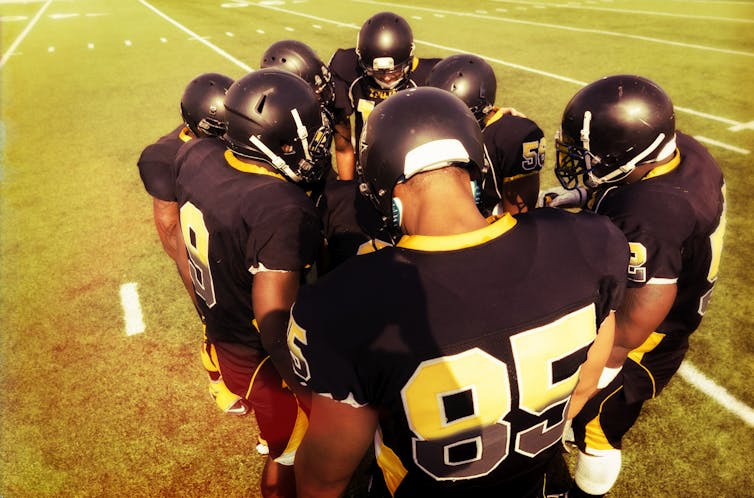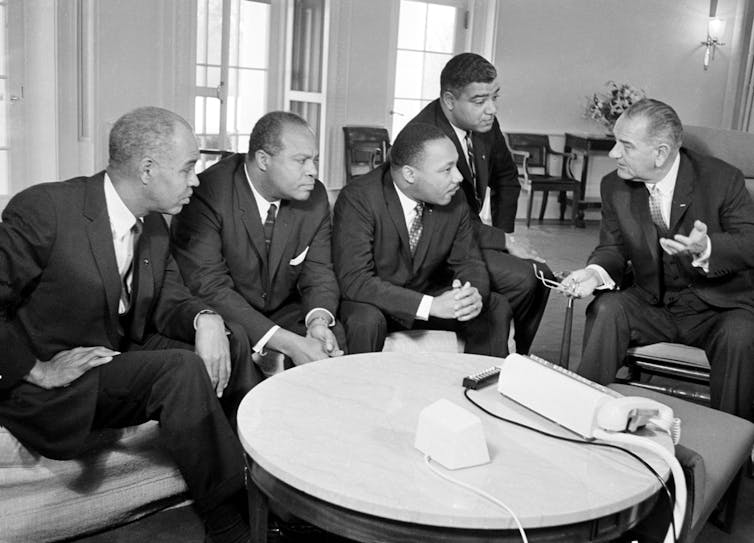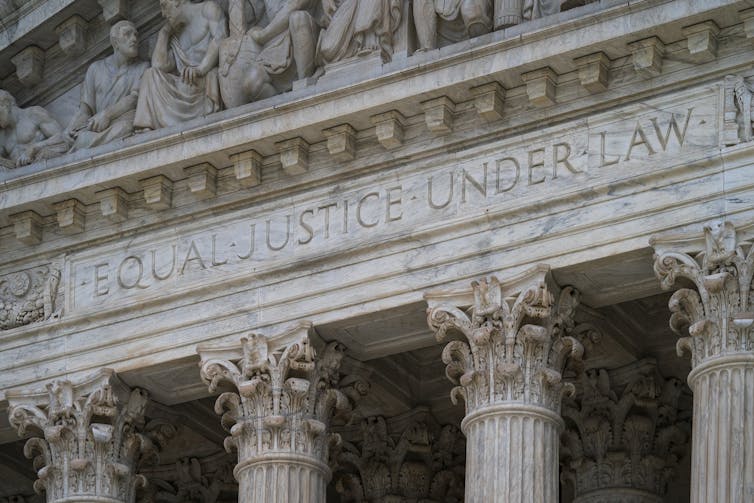“Killing affirmative action will have a devastating impact on Black, Hispanic, and Native students,” wrote one journalist, “and such a ruling would be totally unjustified by the text or history of the Constitution.”
By Kenny Stancil Published 10-31-2022 by Common Dreams

Protesters gather in front of the U.S. Supreme Court as affirmative action cases involving Harvard and University of North Carolina admissions are heard by the court in Washington, D.C. on October 31, 2022. Photo: Maya Wiley/Twitter
During the course of roughly five hours of oral argument on Monday, the U.S. Supreme Court’s far-right supermajority seemed open to rolling back decades of precedent allowing public and private colleges and universities to make race-conscious admissions decisions.
Referring to Students for Fair Admissions v. President and Fellows of Harvard and Students for Fair Admissions v. University of North Carolina—cases he contends were “manufactured to abolish affirmative action in higher education”—Slate‘s Mark Joseph Stern argued that “all six conservative justices are poised to declare that colleges’ consideration of race violates the Constitution’s equal protection clause and the Civil Rights Act of 1964, which applies equal protection standards to private institutions.” Continue reading





